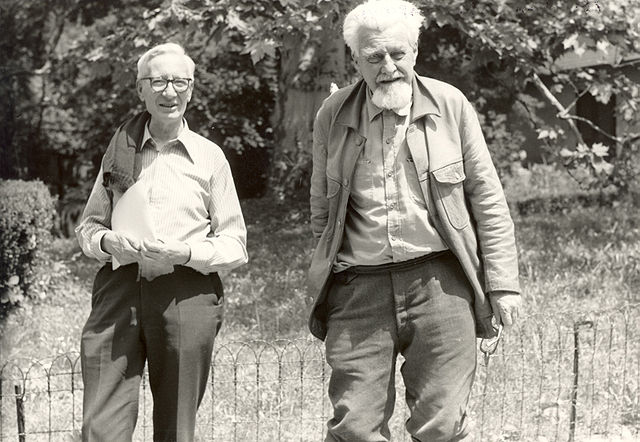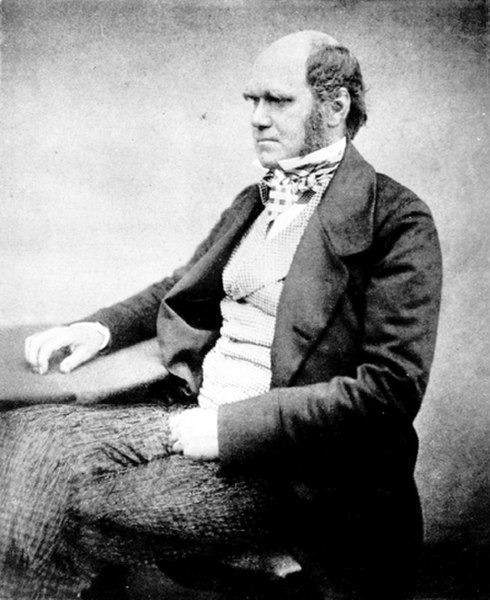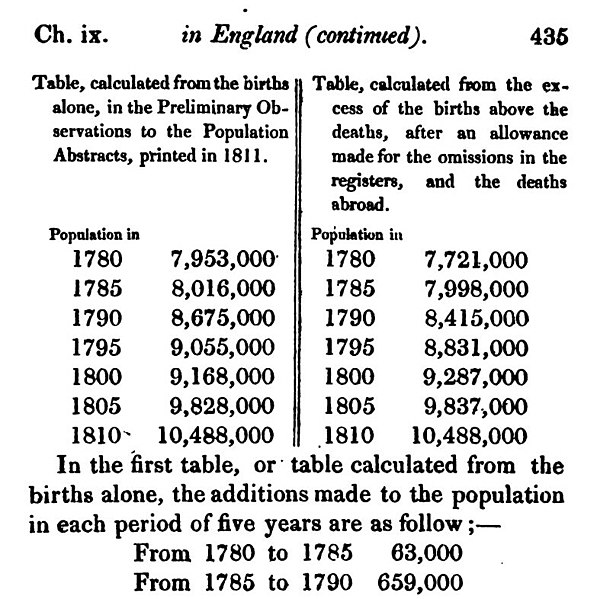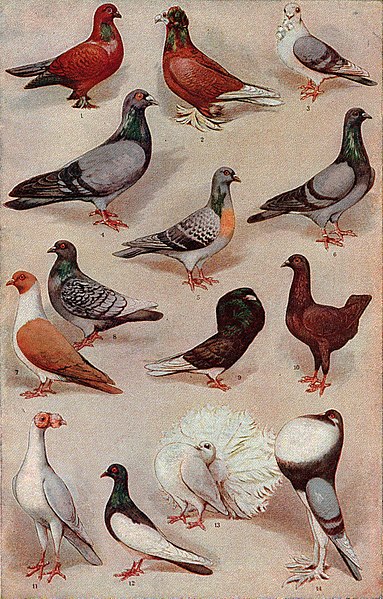Evolutionary psychology is a theoretical approach in psychology that examines cognition and behavior from a modern evolutionary perspective. It seeks to identify human psychological adaptations with regards to the ancestral problems they evolved to solve. In this framework, psychological traits and mechanisms are either functional products of natural and sexual selection or non-adaptive by-products of other adaptive traits.
Nobel Laureates Nikolaas Tinbergen (left) and Konrad Lorenz (right) who were, with Karl von Frisch, acknowledged for work on animal behavior
Natural selection is the differential survival and reproduction of individuals due to differences in phenotype. It is a key mechanism of evolution, the change in the heritable traits characteristic of a population over generations. Charles Darwin popularised the term "natural selection", contrasting it with artificial selection, which is intentional, whereas natural selection is not.
Modern biology began in the nineteenth century with Charles Darwin's work on evolution by natural selection
Aristotle considered whether different forms could have appeared, only the useful ones surviving.
Part of Thomas Malthus's table of population growth in England 1780–1810, from his Essay on the Principle of Population, 6th edition, 1826
Charles Darwin noted that pigeon fanciers had created many kinds of pigeon, such as Tumblers (1, 12), Fantails (13), and Pouters (14) by selective breeding.





